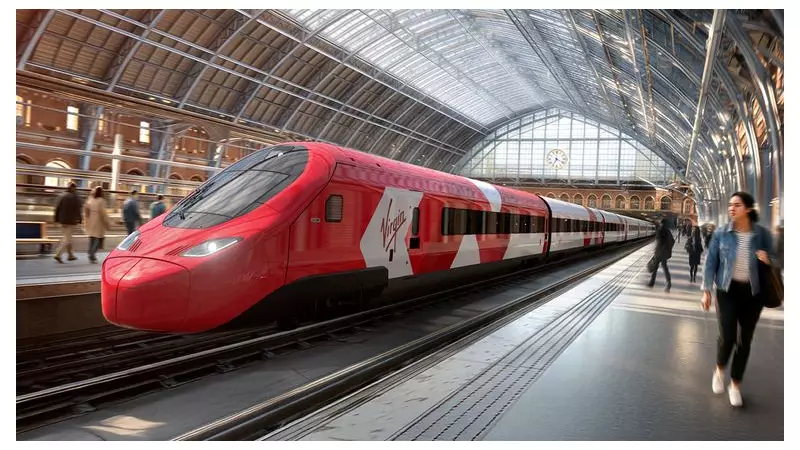
In a move set to revolutionise cross-Channel travel, Virgin Trains has successfully cleared the first major regulatory hurdle in its bid to operate services through the Channel Tunnel, positioning itself as a direct competitor to Eurostar.
The Office of Rail and Road has granted preliminary approval, marking a significant step toward breaking Eurostar's three-decade monopoly on direct passenger rail services between London and continental Europe.
What This Means for Travellers
For passengers, this development promises to inject much-needed competition into the cross-Channel rail market. Industry experts predict this could lead to:
- More competitive pricing across all fare categories
- Increased service frequency between London and key European destinations
- Greater choice in departure times and travel experiences
- Potential new routes beyond the current Eurostar network
The Regulatory Journey Ahead
While this initial approval represents a crucial victory for Virgin, several regulatory milestones remain. The company must now secure:
- Final safety certification from European authorities
- Access agreements with network operators in France and Belgium
- Station slot allocations at London St Pancras and continental terminals
"This is the most significant development in cross-Channel rail since Eurostar's inception," noted transport analyst Michael Roberts. "Virgin's entry could fundamentally reshape how Britons travel to Europe by rail."
A New Era for International Rail
The potential arrival of Virgin services through the Channel Tunnel comes at a pivotal moment for European travel. With increasing focus on sustainable transport alternatives to short-haul flights, competitive rail options have never been more important.
Virgin's plans reportedly include modern rolling stock and enhanced passenger amenities, though specific details about proposed routes and timetables remain under wraps pending further regulatory progress.
Industry observers suggest that successful market entry could occur within the next 18-24 months, potentially transforming the cross-Channel travel landscape in time for the 2026 summer season.





